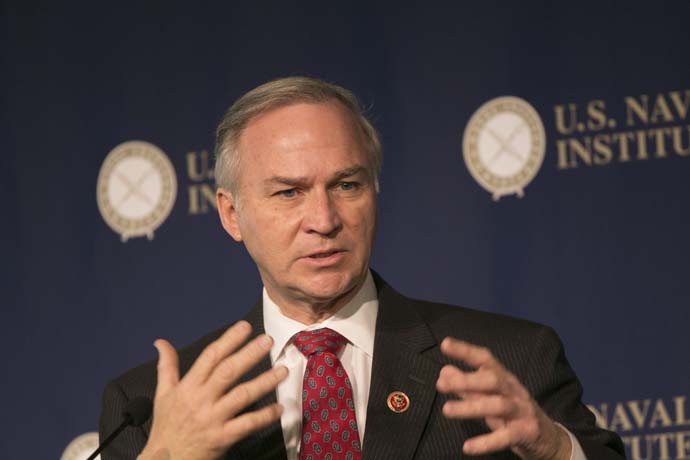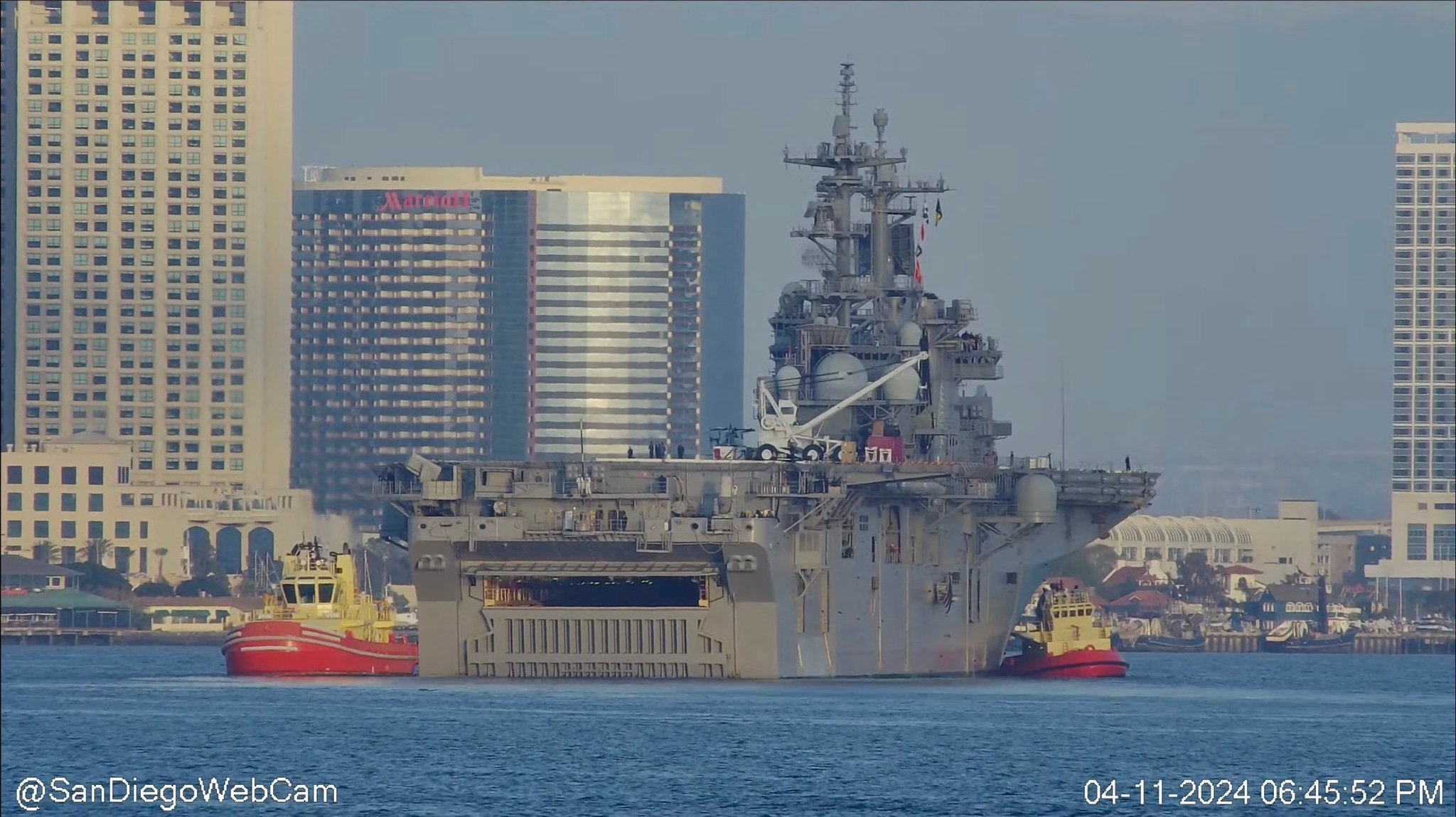
The Chinese “have got a right to talk about” their destiny to be a powerful nation, but “what about our destiny,” the chairman of a key House Armed Services Committee asked Tuesday.
Speaking at the Heritage Foundation, a Washington, D.C., think-tank, Rep. Randy Forbes (R-Va.) said, paraphrasing a recent discussion he had with former British Prime Minister Tony Blair, the United States’ “destiny is to do good around the world.”
The chairman of the House seapower and projection forces subcommittee added, “The most dangerous thing is to have two world orders.” He acknowledged the power of trying to influence events by shaping the discussion as important.
“How do we talk about Chinese competition?” in open forums such as the Naval War College.
He also recalled an Armed Services Committee hearing during the George W. Bush administration when the attorney general “wouldn’t even talk about the Chinese as being the top espionage threat” to the United States until the chairman signaled that he would allow that line of questioning continue past the five-minute limit until the attorney general gave an answer.
“Words do matter.”
Similarly, the Chinese have taken to identifying coral reefs where they have been building airstrips and landing spots as islands and claiming them as their territory. Likewise, they are disputing passage of ships through waters near those reefs as violating their economic zone. He noted that the Chinese coast guard is “only 60 ships short of what we have in our Navy” and is used to influence political events in the region.
Forbes said that the Chinese used “controlled friction” to get their way.
“What we need to do is more strategic thinking.” Forbes said that the Chinese have developed metrics to determine the progress or failures in their strategic planning, while “we’ve become more reactionary” to events, he said.
But it’s not just the Chinese who use narrative to gain their way, he said.
“Putin is not a strategist; he is an opportunist.” As an example, later in answer to a question, Forbes said because of Putin’s tight control of Russian media, “literally, there are people in Russia who think we invaded Ukraine.”
But “influence warfare” also has to be coupled with modernized armed forces. “We have to be thinking of new capabilities.”
Forbes said he is concerned that the United States is not demonstrating the kind of leadership around the world that allies and partners expect and potential adversaries respect.
He cited the divide between America and “one of our best allies—Israel,” the freeing of $100 billion in frozen accounts to Iran “one of our worst enemies” as part of the nuclear agreement with Iran and the threatened veto of the defense authorization bill as raising questions about the United States’ ability to lead.





